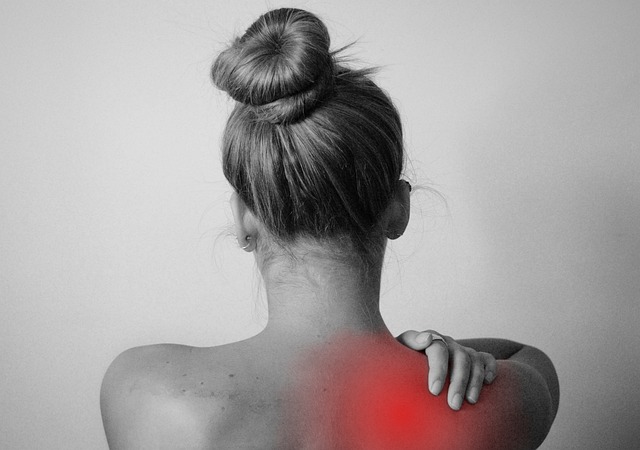After a strenuous workout session, it’s common to experience muscle soreness, also known as delayed onset muscle soreness (DOMS). Understanding the causes and best practices for managing this soreness is crucial for optimal recovery.
What Causes Muscle Soreness?
Muscle soreness can be attributed to various factors, including delayed onset muscle soreness (DOMS) and microscopic muscle damage.
Delayed Onset Muscle Soreness (DOMS)
DOMS typically occurs 24 to 72 hours after exercise and is caused by microscopic damage to muscle fibers during intense or unfamiliar physical activity.
Microscopic Muscle Damage
Intense workouts can lead to microscopic tears in muscle fibers, triggering inflammation and soreness as the body repairs and rebuilds these tissues.
Importance of Muscle Recovery
Proper muscle recovery is essential for overall fitness progress and injury prevention. Rest, hydration, and adequate nutrition play key roles in facilitating muscle repair and growth.
Rest and Nutrition
Rest and proper nutrition are crucial for muscle recovery. Getting enough sleep and consuming a balanced diet rich in protein, vitamins, and minerals support the body’s repair processes and aid in reducing muscle soreness.
Can Painkillers Help?
Many individuals turn to painkillers to alleviate muscle soreness after a workout, but do they actually provide relief?
Types of Painkillers
Over-the-Counter (OTC) Options
Common over-the-counter pain relievers such as ibuprofen (Advil, Motrin) and acetaminophen (Tylenol) are often used to manage muscle soreness and inflammation.
Prescription Medications
In severe cases of muscle soreness or injury, a healthcare provider may prescribe stronger pain medications or muscle relaxants to alleviate discomfort.
Effectiveness and Risks
Short-Term Relief
Painkillers may offer short-term relief from muscle soreness by reducing inflammation and dulling pain sensations, allowing individuals to resume normal activities more comfortably.
Potential Side Effects
However, it’s essential to be aware of the potential side effects and risks associated with painkiller use. Overuse or prolonged use of pain medications can lead to gastrointestinal issues, liver damage, and dependency.
Alternative Remedies
While painkillers may provide temporary relief, there are alternative approaches to managing muscle soreness and promoting recovery.
Natural Approaches to Muscle Recovery
R.I.C.E. Method
The R.I.C.E. method (Rest, Ice, Compression, Elevation) is a popular approach for treating muscle soreness and injuries. Resting the affected muscles, applying ice packs, compression bandages, and elevating the injured area can help reduce inflammation and pain.
Supplements and Nutrition
Supplements such as protein powders and branched-chain amino acids (BCAAs) can aid in muscle repair and recovery. Additionally, consuming anti-inflammatory foods like fruits, vegetables, and omega-3 fatty acids can help reduce muscle soreness and promote overall wellness.
Conclusion
While painkillers may offer temporary relief from muscle soreness, they should be used cautiously due to potential side effects and risks. Incorporating natural approaches such as rest, proper nutrition, and alternative remedies can effectively manage muscle soreness and support optimal recovery.
FAQs
Are painkillers safe to take after every workout?
It’s best to use painkillers sparingly and only when necessary, as prolonged or excessive use can have adverse effects on health.
Can I take painkillers before a workout to prevent soreness?
It’s generally not recommended to take painkillers preemptively before a workout, as they may mask pain signals and increase the risk of injury.
Are there any natural alternatives to painkillers for muscle soreness?
Yes, natural alternatives such as the R.I.C.E. method, proper hydration, and anti-inflammatory foods can help alleviate muscle soreness without the potential risks of painkillers.
How long does muscle soreness typically last after a workout?
Muscle soreness can vary depending on individual factors and the intensity of the workout, but it usually peaks within 24 to 72 hours and gradually subsides as the muscles recover.
When should I consult a doctor for severe muscle soreness?
If muscle soreness persists for an extended period or is accompanied by severe swelling, redness, or loss of mobility, it’s advisable to consult a healthcare professional for proper evaluation and treatment.




